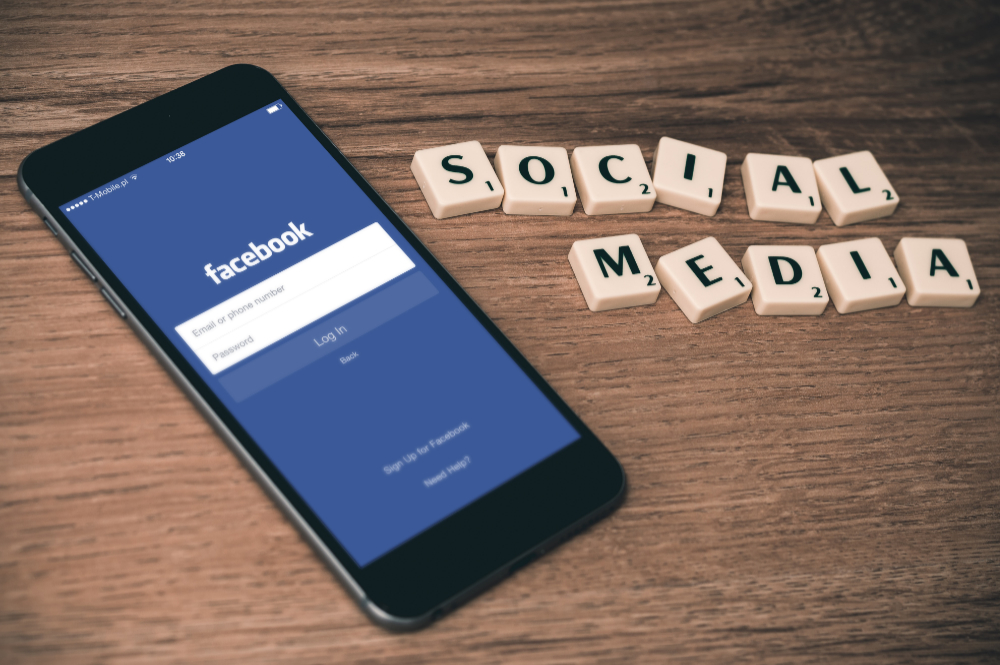Recent polls by the Pew Research Center have found that 97% of adolescents have reported to using 1 of 7 social media platforms (YouTube, Instagram, Snapchat, Facebook, Twitter, Tumblr and Reddit) in 2018 and no doubt those numbers have increased in 2019.
When examining those between 12 and 15 who use social media on a daily basis, screen time has an undeniable impact on their mental health. The average teenager spent 3 hours per day on social media and reported internalizing problems according to this study. As the number of screen hours increases, so does the level of depression and anxiety in teenagers.
It is undeniable that social media has many positive attributes, including connecting people across the globe and supporting long lasting relationships with people living for away. But the negatives to social media often outweigh the positives if not utilized properly.
Downside To Social Media
In a world where 95% of adolescents own a smart phone or tablet, it is nearly impossible to break the grip between young people and social media. As a result, social media becomes an extension of their personal lives.
These youngsters spend nearly 3 hours a day on social media and easily begin to internalize their problems. The act of internalizing emotions has a direct correlation to higher levels of anxiety, depression, aggression, loneliness and antisocial behaviors.
In addition to potentially causing these behaviors, social media has many destructive qualities:
- Too many fake friends
- Less face time
- Cyberbullying
- Focusing on likes
- Comparing themselves to everyone else
- Attention span
- Not enough sleep
- Memory problems
- Self-esteem
Social media is not just chatting and liking friends’ pages, it is also the ads and links that embedded throughout. Even a simple ad can impact the metal health of teens. Examples of negative reinforcement via social media is never more apparent than in media photos. In every ad or celebrity website, there is a constant barrage of filtered photos that look like people have perfect lives with perfect bodies.
Many young girls are following celebrities and influencers who seemingly have the perfect body with the perfect makeup and hair. Easily influenced by external forces, these girls are seeing these photoshopped images as reality versus the truth behind the lens. This unobtainable perfection has a direct influence on their mental health and skews their perception of “normal.”
Upside To Social Media
Long before social media existed, teens socialized before, during and after school. Whether it was at the local diner, talking on the phone, or playing sports together, teens have always had a way to stay connected. Now with social media, that connection is easy and instant.
Being socially connected is a very important part of positive mental health and social media can aid in psychological development by:
- develop better social skills
- feel less isolated
- learn about new cultural and societal ideas and issues
- bond with their friends
- be creative and share their own ideas with others
- develop real world skills to help them become more idependent
- learn about world events and current affairs outside of their immediate environment
In more recent years where so many are cutting the cord of cable and tv services, social media had surged in its importance for teens.
Not only are teens finding benefits in the use of social media, but anyone struggling with mental health issues can find an outlet for their feelings of isolation and loneliness.
Social media has also had a significant impact on the LGBTQ community. Traditionally, media outlets fed the notion that not being straight was wrong and community members hid their true selves for fear of judgement. Now with positive representation of those identifying as LGBTQ, social media gives these individuals a community where they can connect and support each other, grow friendships and help break free from the feeling of living in isolation.
Take Away Lesson
All in all, more studies must be conducted to learn about the connection between social media and the mental health of teens. One solution to reducing the level of anxiety and depression in teens is by merely cutting down the amount of time spent online. Although removing the grip teens have on their devices is easier said than done, a BYU study suggests that screen time isn’t the problem.
A professor, Sarah Coyne from Brigham Young University, says, “It’s not just the amount of time that is important for most kids. For example, two teenagers could use social media for the same amount of time but may have vastly different outcomes as a result of the way they are using it.”
To use social media in healthier ways, Sarah Coyne suggests:
- Limit social media use at least an hour before going to bed.
- Instead of just scrolling and being passive, be an active user and like content, post content, and comment actively.
- What are your intentions for using social media in the first place? Be intentional.
The key is to learn a balance of social media and screen time with face to face communication and real-life friendships.


